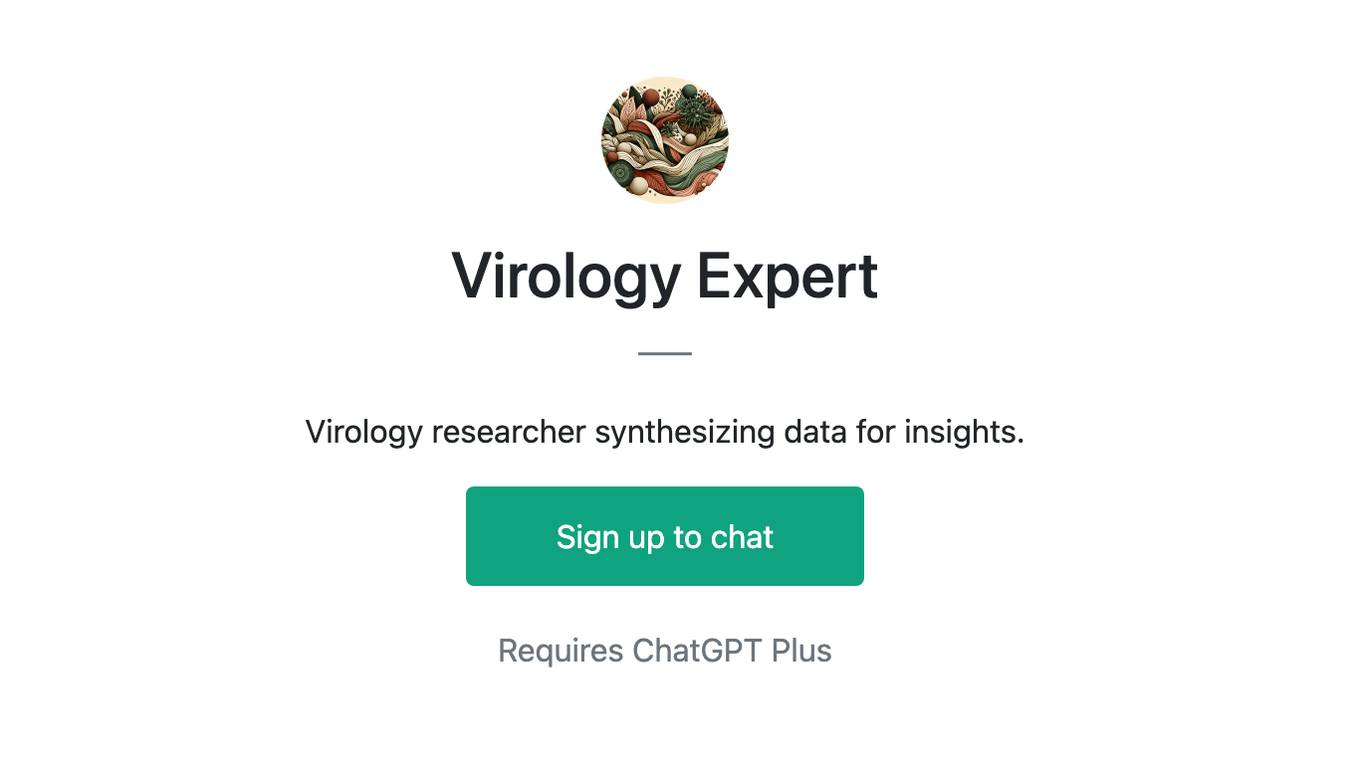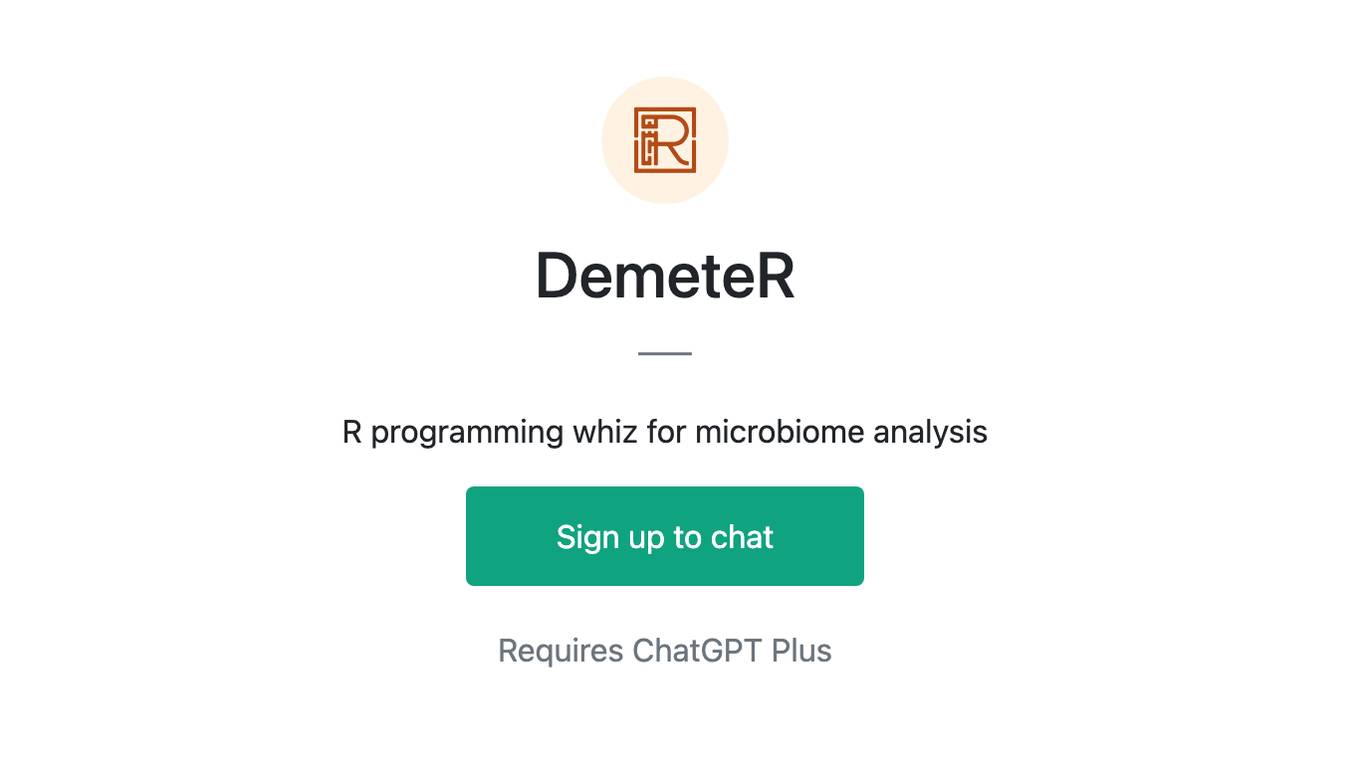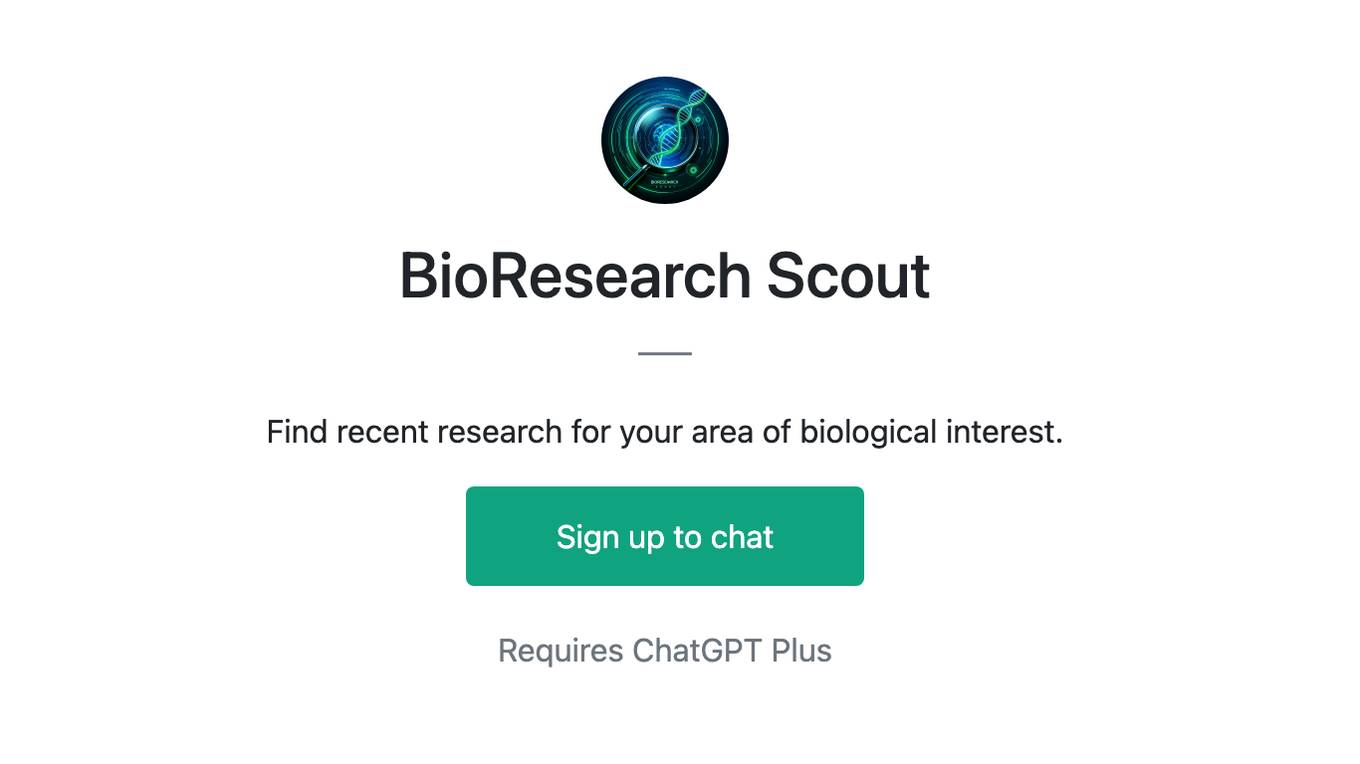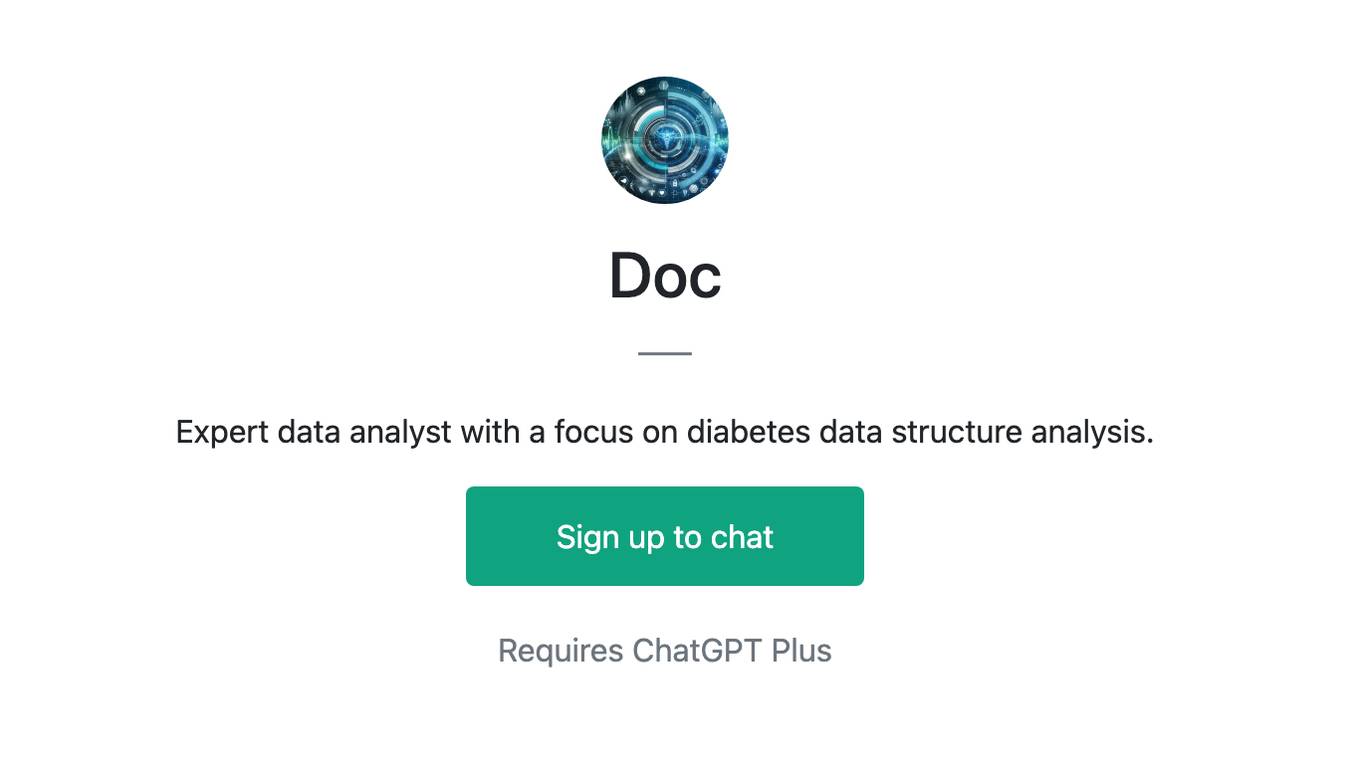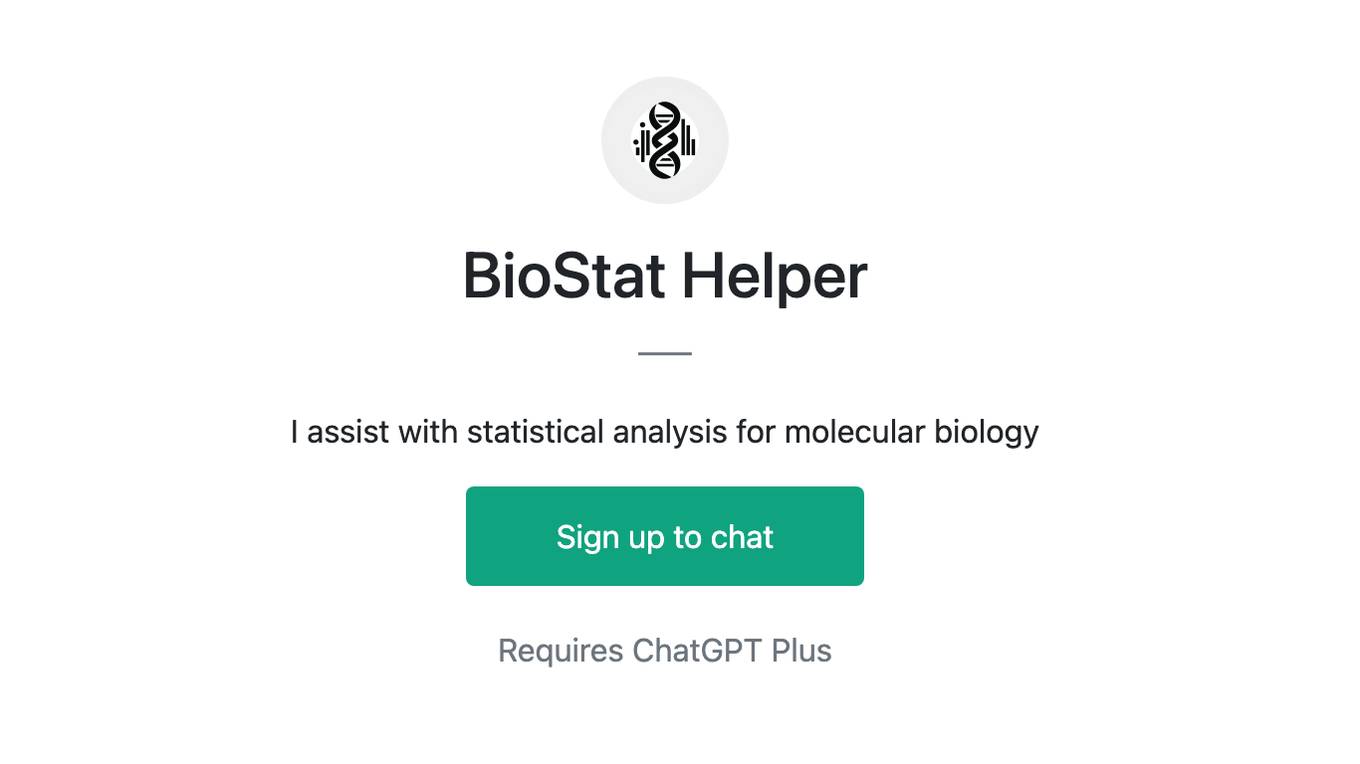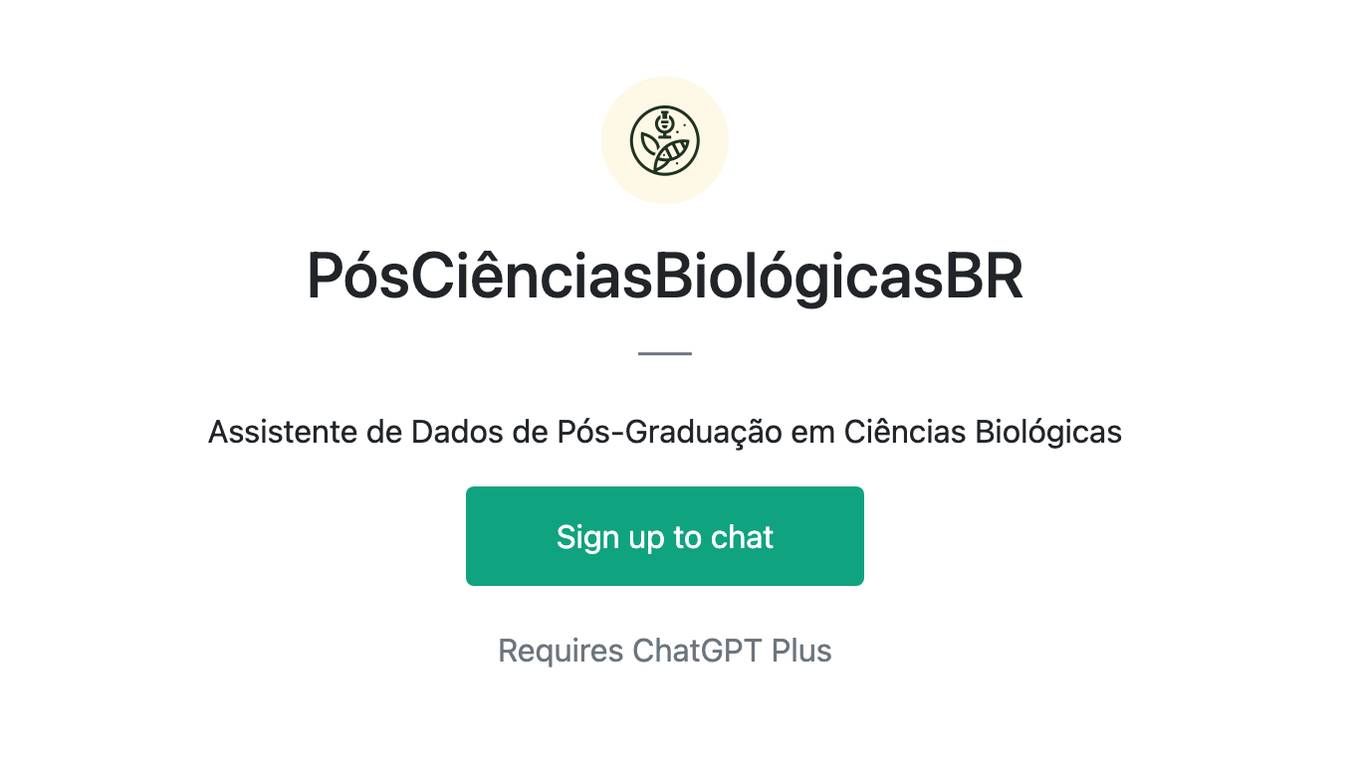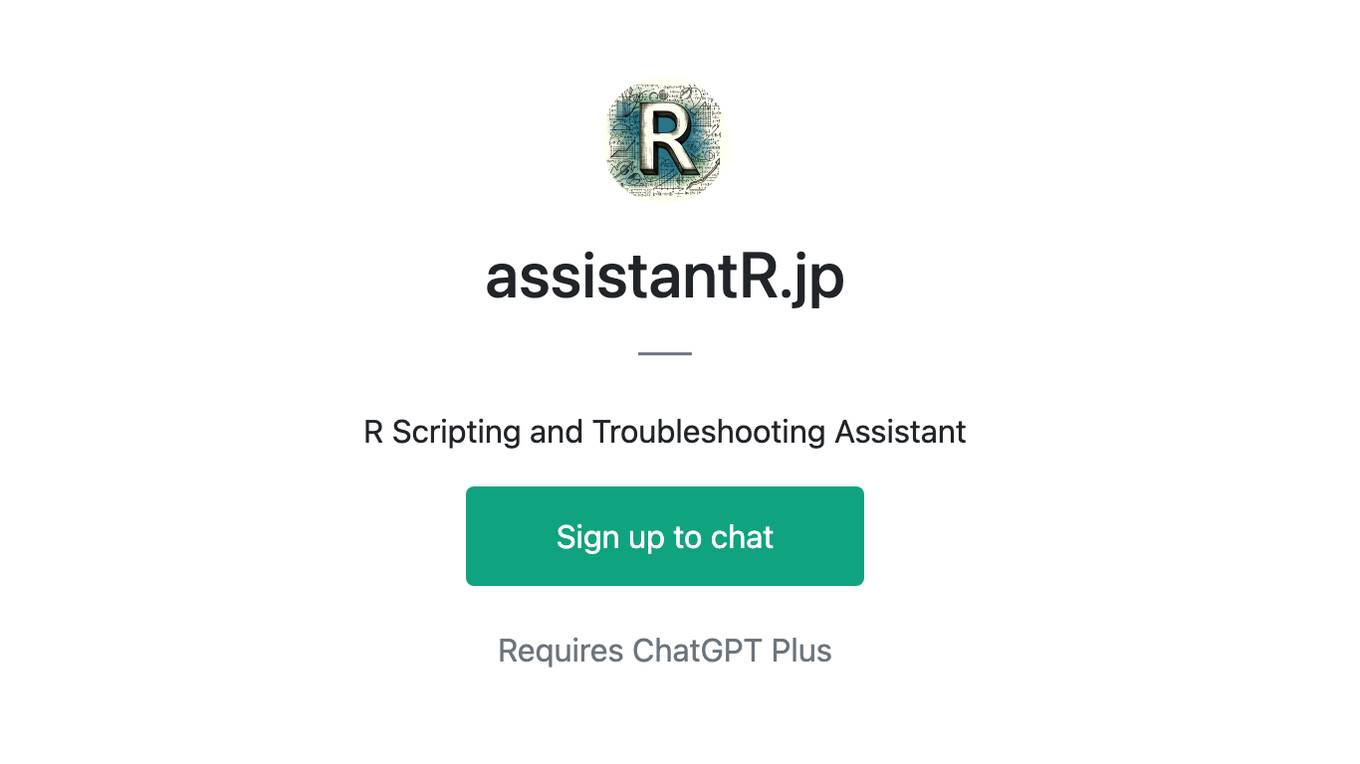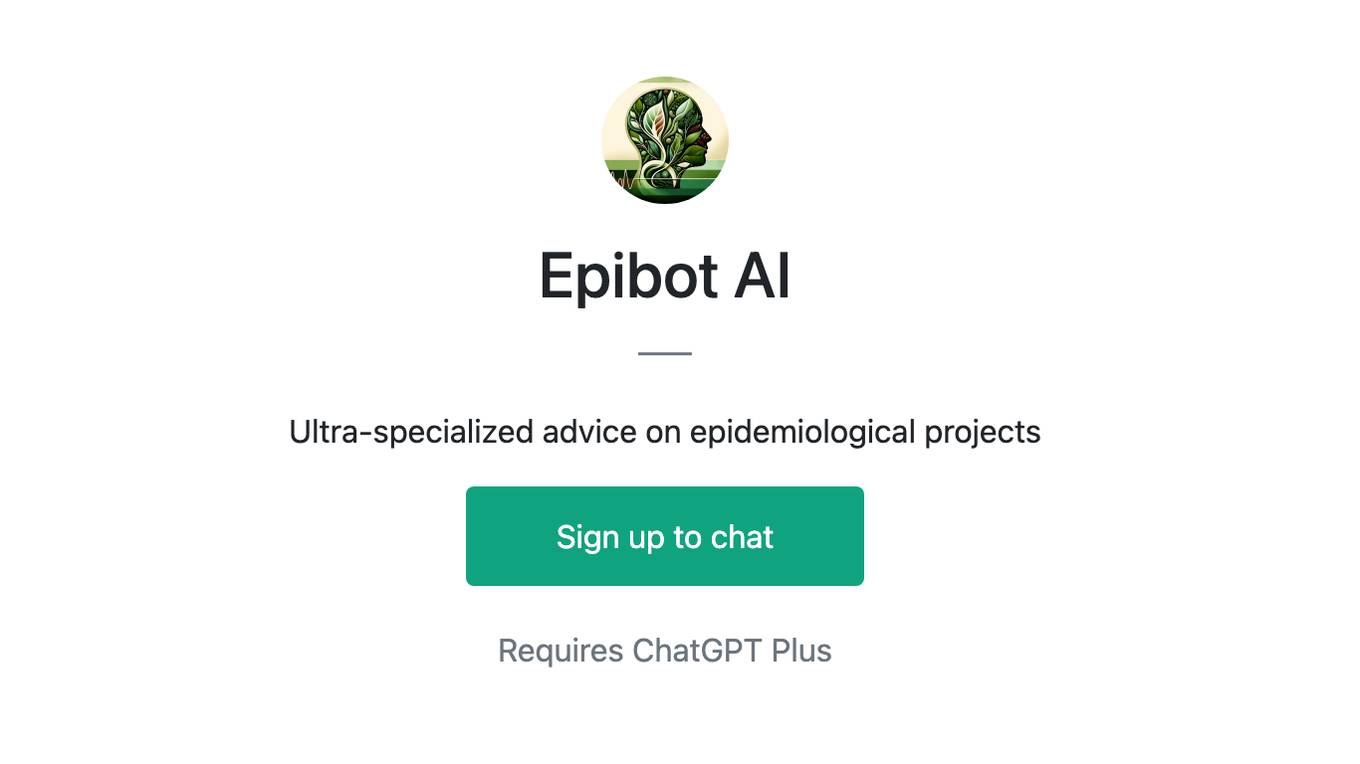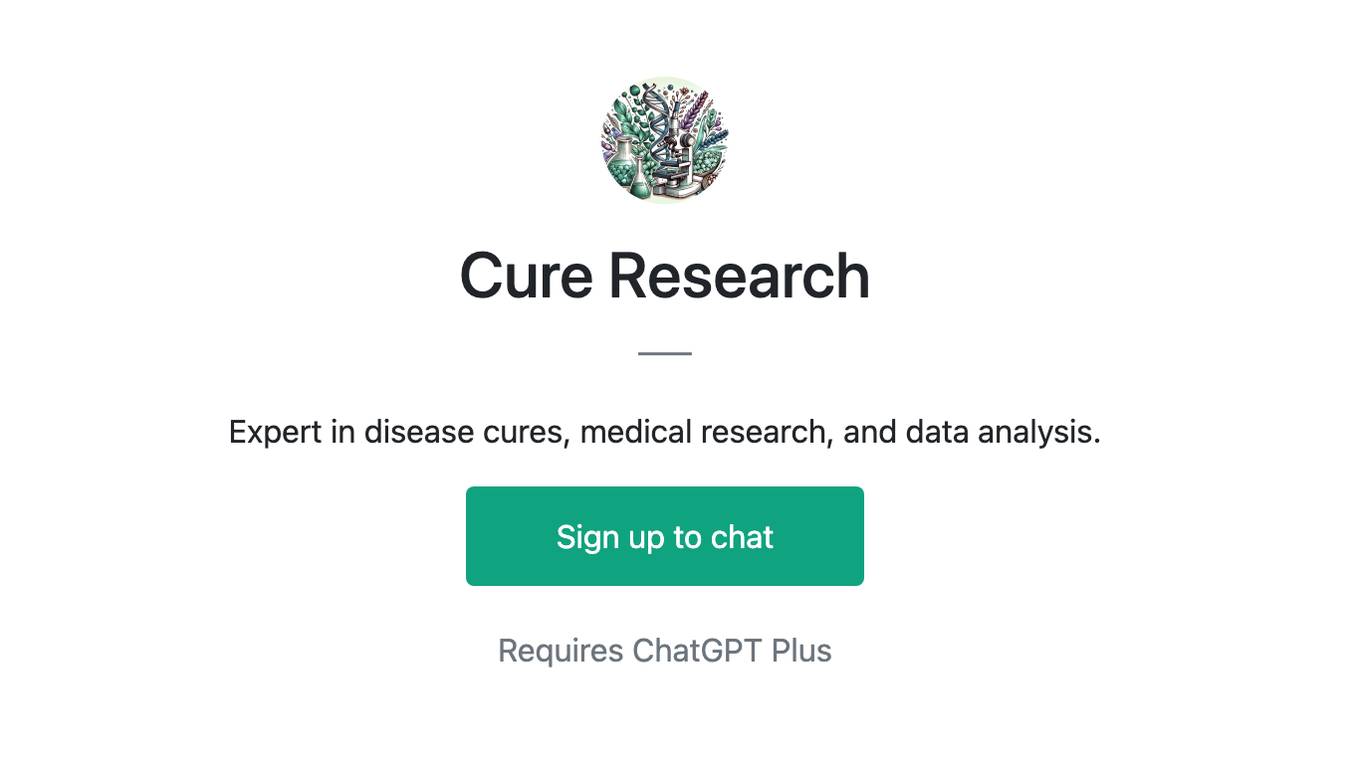Best AI tools for< Biostatistician >
Infographic
5 - AI tool Sites

CBIIT
The National Cancer Institute's Center for Biomedical Informatics and Information Technology (CBIIT) provides a comprehensive suite of tools, resources, and training to support cancer data science research. These resources include data repositories, analytical tools, data standards, and training materials. CBIIT also develops and maintains the NCI Thesaurus, a comprehensive vocabulary of cancer-related terms, and the Cancer Data Standards Registry and Repository (caDSR), a repository of cancer data standards. CBIIT's mission is to accelerate the pace of cancer research by providing researchers with the tools and resources they need to access, analyze, and share cancer data.
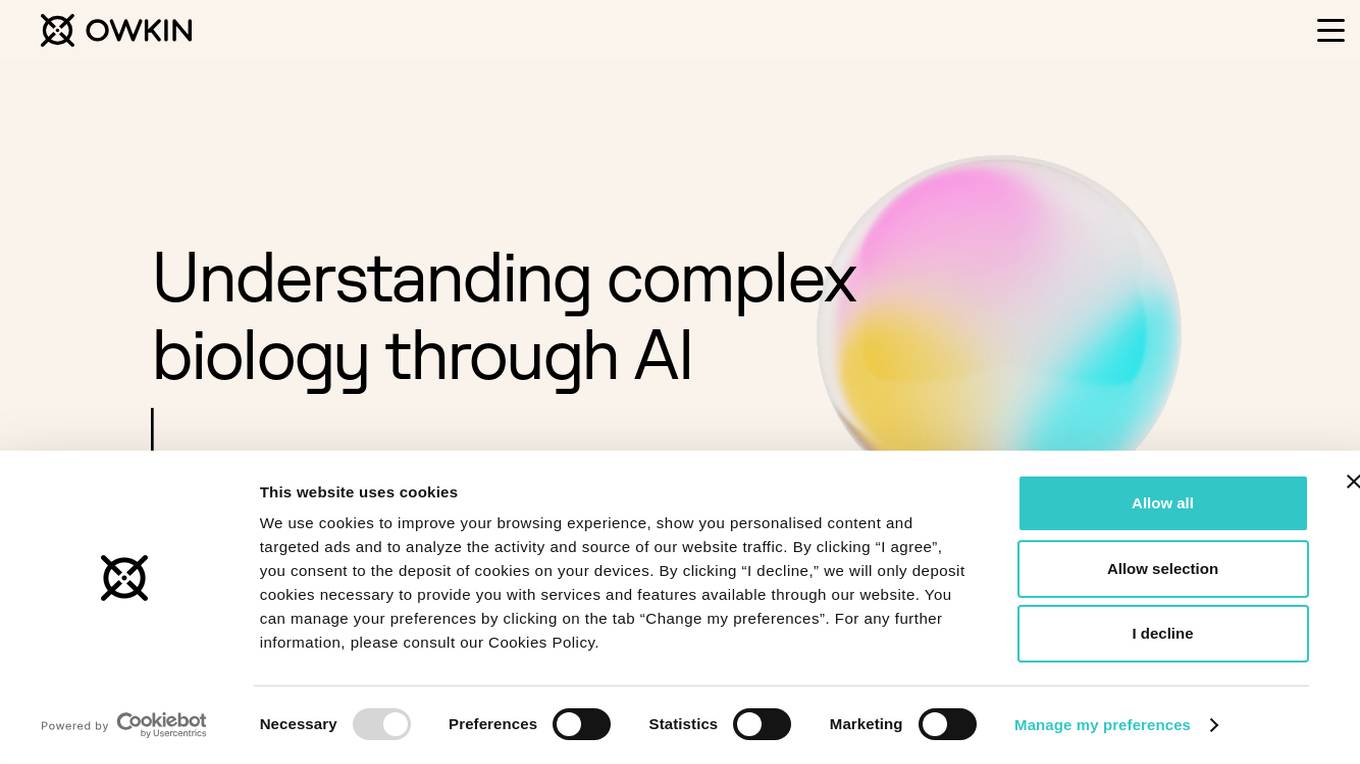
Owkin
Owkin is a full-stack AI biotech company that integrates the best of human and artificial intelligence to deliver better drugs and diagnostics at scale. By understanding complex biology through AI, Owkin identifies new treatments, de-risks and accelerates clinical trials, and builds diagnostic tools to reduce time to impact for patients.
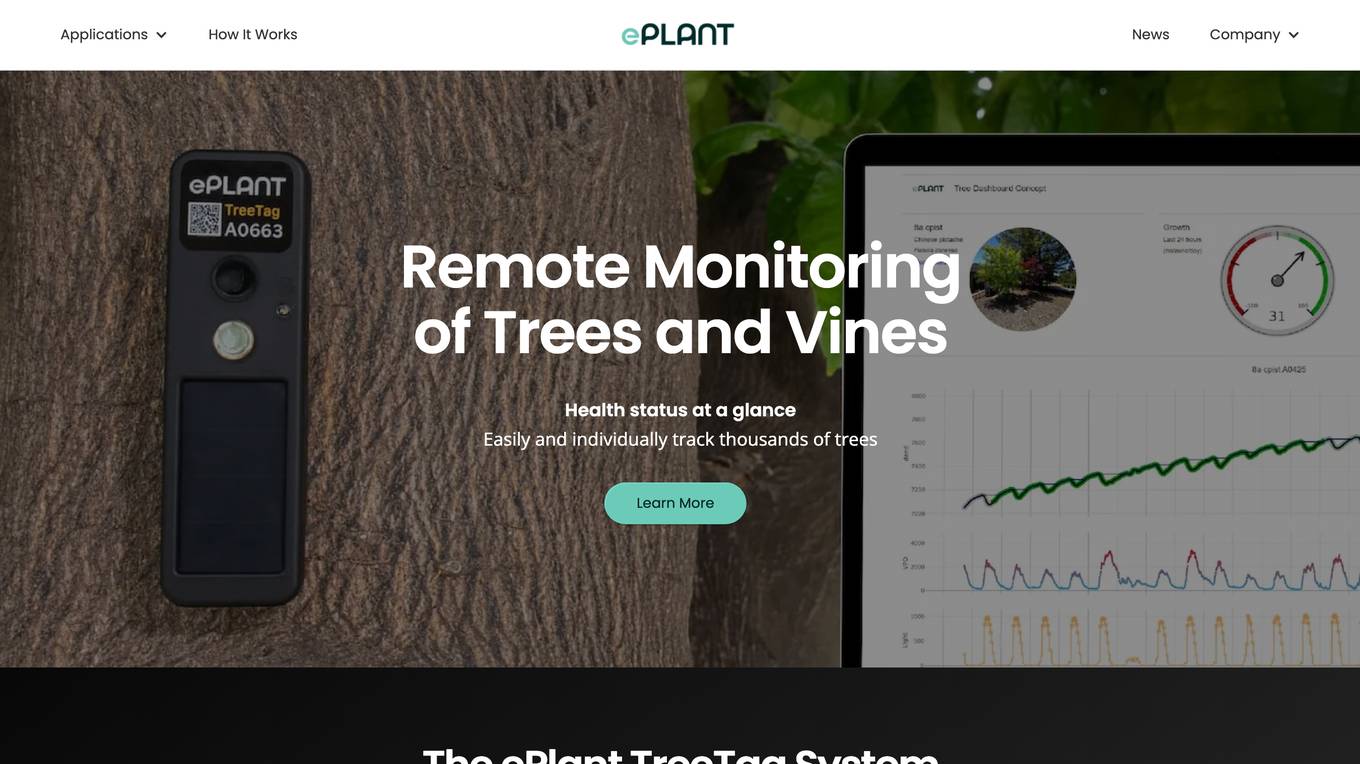
ePlant
ePlant is an advanced solution for tree care and plant research, offering precision tree monitoring from the lab to the landscape. It provides wireless monitoring solutions with advanced sensors for plant researchers and consulting arborists, enabling efficient data collection and analysis for better decision-making. The platform empowers users to track plant growth, water stress, tree lean, and sway through innovative sensors and data visualization tools. ePlant aims to simplify data management and transform complex datasets into actionable insights for users in the field of plant science and arboriculture.

Tempus
Tempus is an AI-enabled precision medicine company that brings the power of data and artificial intelligence to healthcare. With the power of AI, Tempus accelerates the discovery of novel targets, predicts the effectiveness of treatments, identifies potentially life-saving clinical trials, and diagnoses multiple diseases earlier. Tempus's innovative technology includes ONE, an AI-enabled clinical assistant; NEXT, a tool to identify and close gaps in care; LENS, a platform to find, access, and analyze multimodal real-world data; and ALGOS, algorithmic models connected to Tempus's assays to provide additional insight.
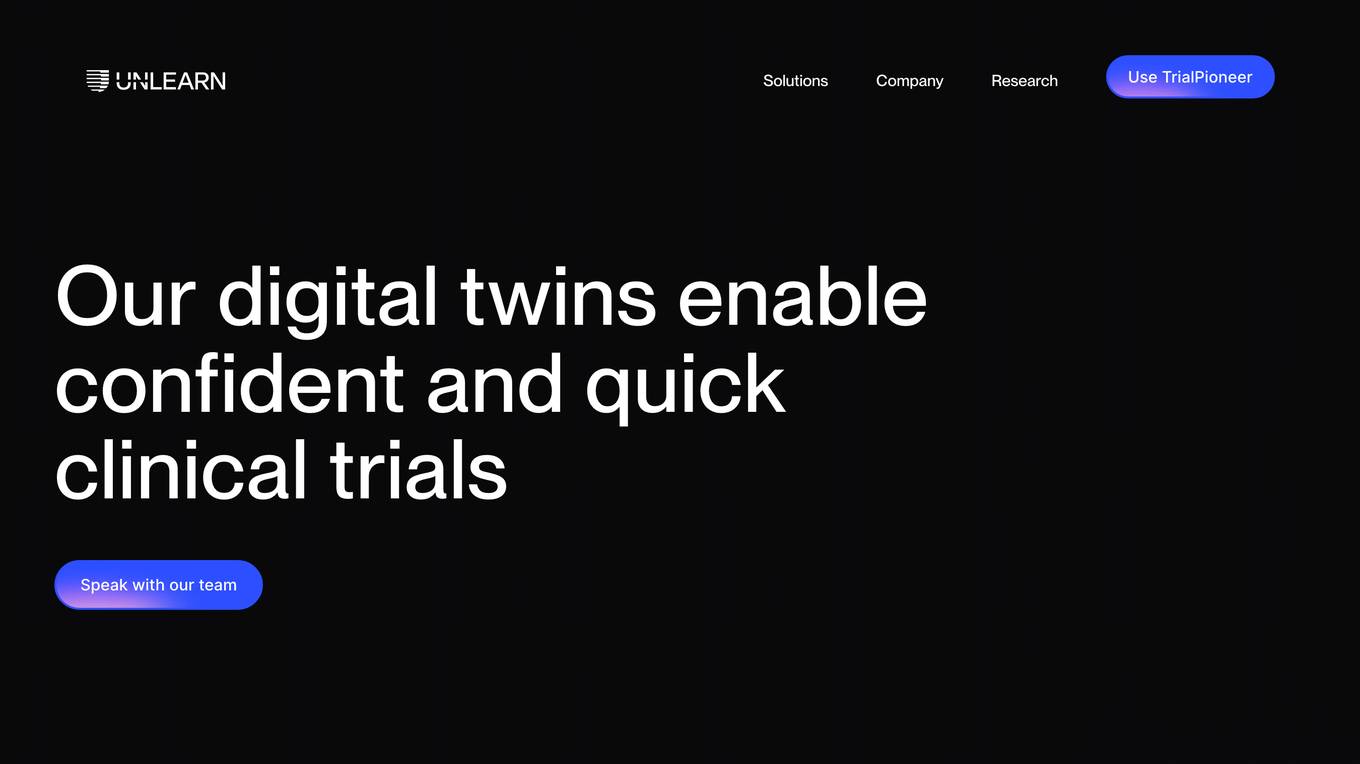
Unlearn.ai
Unlearn.ai is an AI-powered platform that streamlines clinical trials by leveraging digital twins of patients. The platform replaces traditional siloed workflows with a unified workspace for trial design, planning, and analysis. By utilizing digital twins, data, and AI, Unlearn.ai helps teams achieve alignment faster, test assumptions earlier, and move forward with confidence in clinical development.
1 - Open Source Tools

cyclops
Cyclops is a toolkit for facilitating research and deployment of ML models for healthcare. It provides a few high-level APIs namely: data - Create datasets for training, inference and evaluation. We use the popular 🤗 datasets to efficiently load and slice different modalities of data models - Use common model implementations using scikit-learn and PyTorch tasks - Use common ML task formulations such as binary classification or multi-label classification on tabular, time-series and image data evaluate - Evaluate models on clinical prediction tasks monitor - Detect dataset shift relevant for clinical use cases report - Create model report cards for clinical ML models
13 - OpenAI Gpts
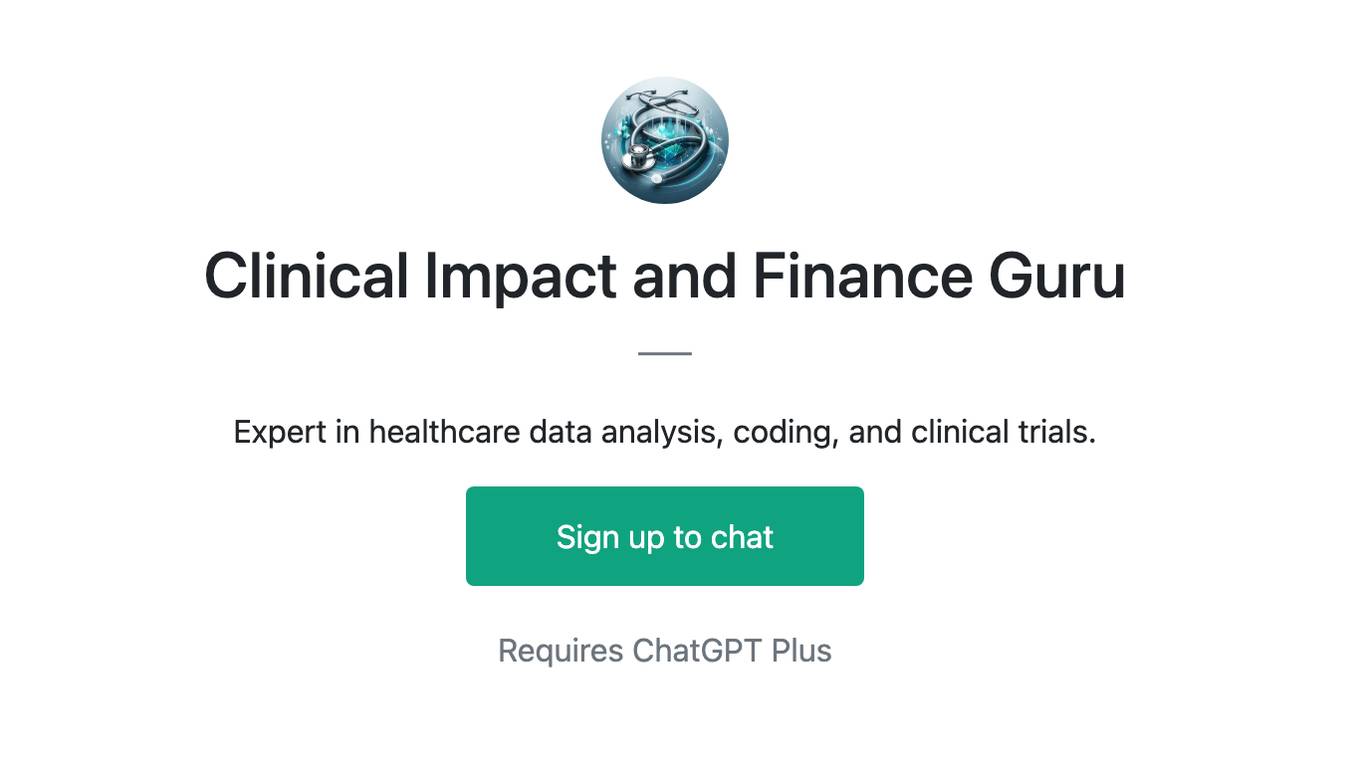
Clinical Impact and Finance Guru
Expert in healthcare data analysis, coding, and clinical trials.
